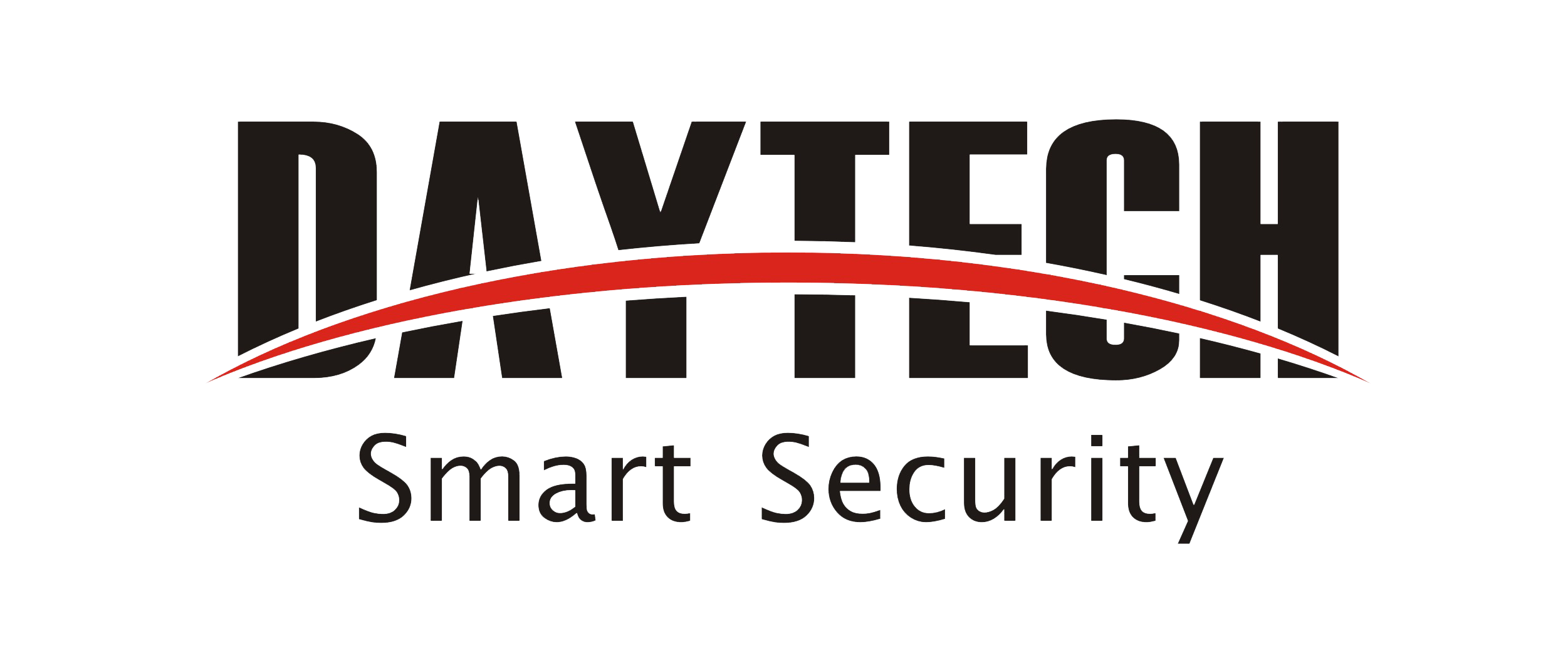Recent Articles
-
Daytech Solar Alarm CBM Review – Garden Motion Sensor for Rodent Deterrence February 11, 2026
-
Daytech Fridge Door Alarm Review: How Luna Rojo Stopped Food Waste February 10, 2026
-
Daytech Client Experience – Long-Range Wireless Door Sensors for Shops February 07, 2026
Tag Cloud
Why Are Kiwis Not Considered Vegan?
In the world of veganism, where the ethos revolves around avoiding the use of animal products and minimizing animal exploitation, certain food items surprisingly find themselves at odds with these principles. One such food is the kiwi. The root of this exclusion lies in the involvement of bees in their cultivation.
The Role of Bees in Kiwi Cultivation
Kiwis are not alone in this predicament; other crops like almonds and avocados also fall under scrutiny. The cultivation of kiwis, like many commercially produced fruits, typically takes place in monocultures. These are vast stretches of farmland where only one type of crop is grown, often leading to ecological issues.
Kiwifruit vines are dioecious, meaning they come in male and female varieties. The male vines produce pollen, while the female vines bear the fruit. For the female flowers to develop into kiwifruit, they must be pollinated with the pollen from the male flowers. This crucial task is carried out by bees, which transport pollen from male to female flowers as they gather nectar.
Beekeeping and Its Ethical Implications
A significant issue arises because bees cannot naturally thrive near kiwifruit orchards year-round. The flowering period of kiwifruit is brief, providing a limited window when nectar is available. Outside this period, bees would face starvation if they remained in these areas. Consequently, kiwifruit farmers resort to hiring beekeepers who transport hives to the orchards during the flowering season. These hives are moved from crop to crop throughout the year, ensuring that the bees have a continuous food supply.
In contrast, bees in a natural habitat can feed on a diverse array of flowers that bloom at different times throughout the year, except during winter. This artificial manipulation of bee activity is where the ethical concerns of many vegans come into play. The practice of using bees in this manner is viewed as an exploitation of animals, aligning it with the same reasons why many vegans abstain from consuming honey.
Monoculture Farming and Environmental Concerns
Monoculture farming itself poses several environmental and ethical dilemmas. By focusing on a single crop, these agricultural systems often lead to a reduction in biodiversity, making the ecosystem more vulnerable to pests and diseases. This method of farming requires a heavy reliance on chemical pesticides and fertilizers, which can further harm the environment and non-target species, including bees. The very act of transporting bees disrupts their natural behaviors and exposes them to stress and health risks.
Vegan Principles and the Exclusion of Certain Crops
For vegans, the commitment to avoiding animal exploitation extends beyond direct animal products. It encompasses any practice that involves the use of animals in a way that is considered exploitative or harmful. The reliance on migratory beekeeping for pollinating crops like kiwis, almonds, and avocados falls into this category. As a result, these foods are excluded from the diets of strict vegans who adhere to these principles.
In summary, the exclusion of kiwis from a vegan diet is intricately tied to the ethics of using bees in their cultivation. The practice of transporting bees for pollination in monoculture systems is seen as exploitative and contrary to vegan values. This perspective highlights the broader implications of agricultural practices on animal welfare and the environment, prompting a deeper examination of what it truly means to adopt a vegan lifestyle.


